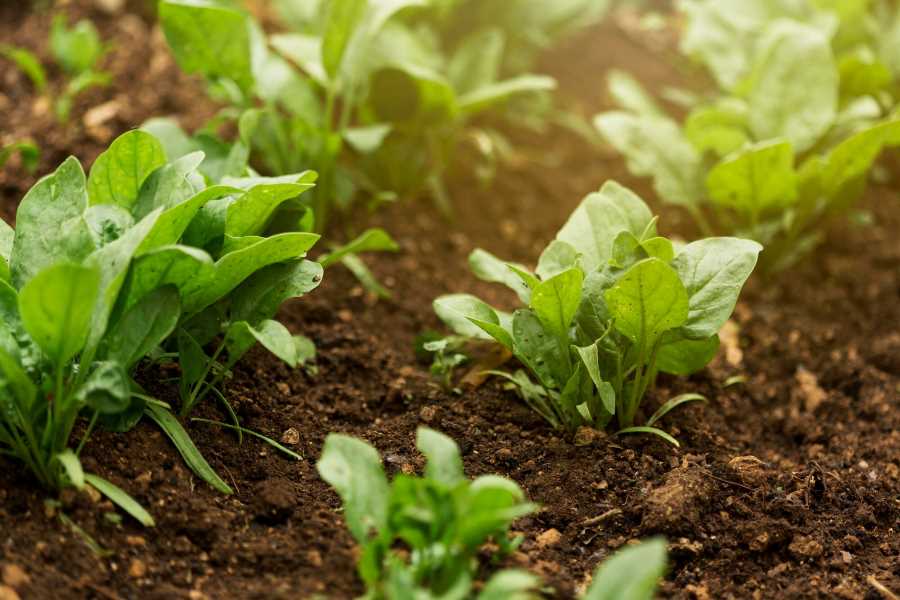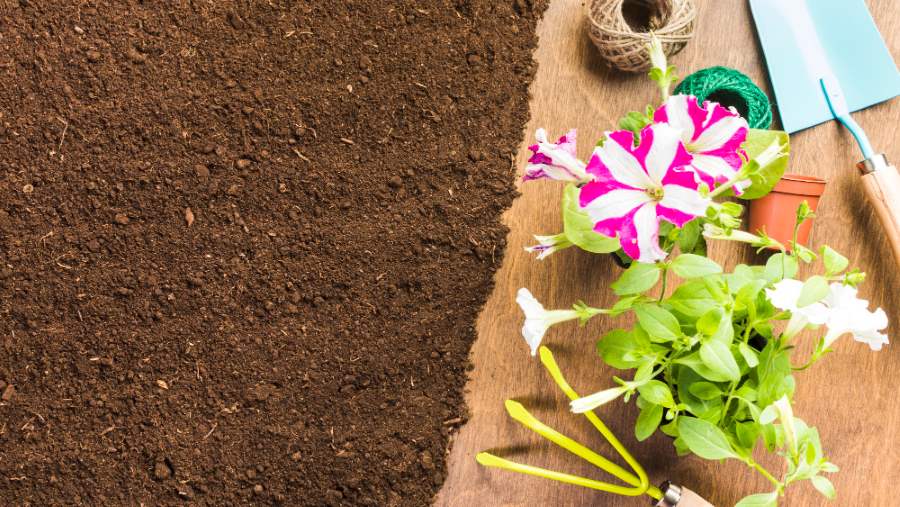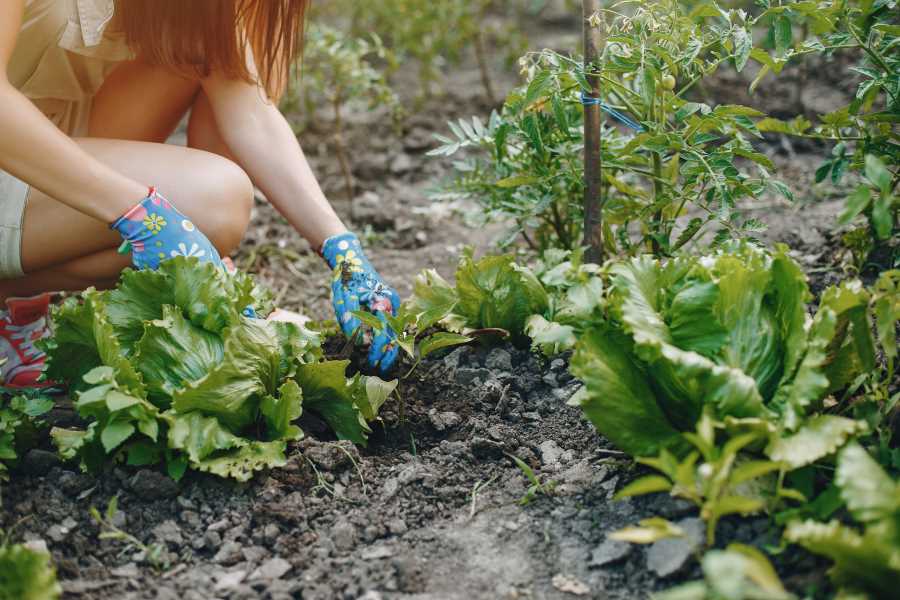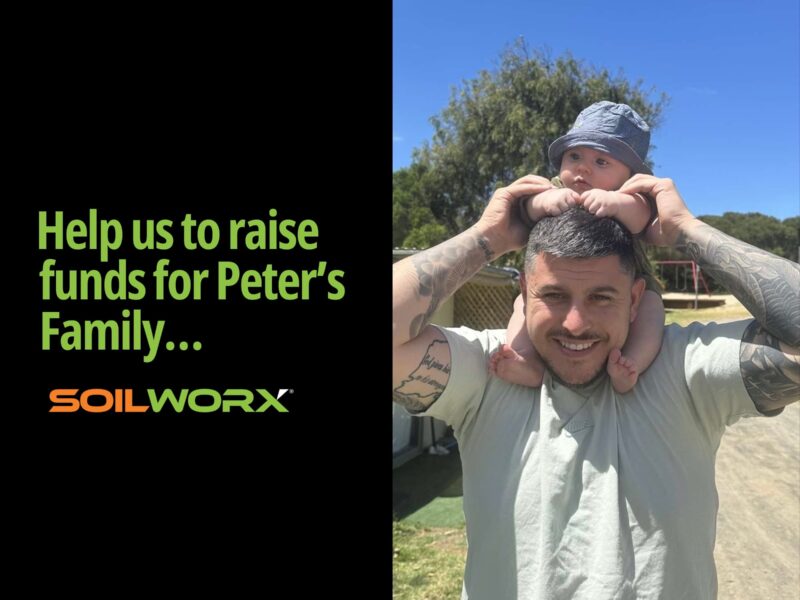
What Type of Soil Should I Use for a Raised Vegetable Garden in Melbourne?
Starting a raised vegetable garden is a rewarding way to grow your own fresh produce, but success begins with the right soil. Not all soil is created equal, and if you want your vegetables to thrive, you need to ensure the soil is rich, healthy, and well-suited to Melbourne’s climate and conditions. Here’s everything you need to know about choosing, improving, and maintaining the best soil for your raised vegetable garden.
Can You Use Normal Soil for Growing Vegetables?
Using normal soil from your backyard might seem like an easy and cost-effective option, but it’s rarely ideal for vegetable gardening. Melbourne’s natural soils vary greatly across the region, but many areas have clay-heavy or sandy soils that lack the proper structure and nutrients for growing vegetables. Clay soil drains poorly and can suffocate plant roots, while sandy soil doesn’t hold water or nutrients well enough to sustain healthy growth.
Normal soil can also be compacted, making it hard for vegetable roots to spread and access the nutrients they need. This often results in stunted plants and disappointing yields. If you’re serious about growing healthy vegetables, it’s best to invest in high-quality garden soil specifically designed for vegetable gardens.

What Makes Garden Soil the Best Option for Raised Vegetable Beds?
Garden soil blends are engineered to provide the perfect balance of nutrients, drainage, and water retention that vegetables need. For a raised vegetable garden, the ideal soil is a combination of:
• Garden soil: A base material that provides structure and drainage.
• Organic compost: Rich in nutrients to feed your plants and improve soil texture.
• Other organic matter: Materials like aged manure, worm castings, or leaf mold enhance fertility and support soil microbes.
A good garden soil blend should also have a loose, crumbly texture that allows air to reach the roots and water to drain freely without pooling. The pH should be slightly acidic to neutral, ideally between 6 and 7, which suits most vegetable crops.
In Melbourne, many local suppliers offer bulk garden soil mixes tailored for raised beds. These pre-mixed blends save you time and effort, as they’re specifically designed to create a fertile and balanced growing environment. Suppliers like SoilWorx provide ready-to-use vegetable garden soil that’s perfect for filling raised beds and ensuring your plants get off to a strong start.

Do You Need to Replace the Soil in Your Raised Vegetable Garden Each Year?
Replacing all the soil in your raised garden bed annually isn’t necessary, but maintaining its quality is important. Vegetables are heavy feeders, meaning they deplete the soil of nutrients as they grow. To keep your soil productive year after year, you should refresh it at the beginning of each growing season.
Start by adding 2–3 inches of organic compost to the top of your garden soil and mixing it in. Compost replenishes essential nutrients and improves the soil’s texture and water-holding capacity. Adding a layer of organic mulch, such as straw or shredded leaves, helps regulate soil temperature and retain moisture, which is especially useful during Melbourne’s hot, dry summers.
Crop rotation is another simple way to maintain soil health. Growing the same vegetables in the same spot each year can deplete specific nutrients and increase the risk of pests and diseases. Rotating crops helps prevent these issues and keeps the soil balanced.
How to Improve Garden Soil for Vegetables?
Even the best garden soil can benefit from a little extra care. Here are some simple ways to build healthy, productive soil in your raised vegetable garden:
Add organic matter:
Compost, aged manure, and worm castings enrich the soil with nutrients and improve its structure. These materials also support beneficial soil microbes, which play a key role in breaking down organic material and making nutrients available to your plants.
Use rock minerals:
Minerals like rock phosphate or gypsum can provide trace elements that might not be present in compost. Gypsum is especially useful for improving clay soils, as it helps break up dense clumps and improves drainage.
Test your soil:
A soil test kit is a simple and affordable way to check your soil’s pH and nutrient levels. This allows you to make precise adjustments, such as adding lime to raise the pH or sulfur to lower it.
Apply mulch:
Mulching is one of the easiest ways to protect and improve your soil. Organic mulch keeps the soil moist, prevents weeds, and gradually breaks down to add organic matter.
Avoid over-tilling:
While it’s tempting to dig deeply into your raised beds every season, over-tilling can disrupt the soil structure and harm beneficial organisms. A light mixing of compost into the top layer is often all that’s needed.

What About Potting Soil for Vegetables?
If you’re growing vegetables in containers or smaller raised beds, potting soil may be a better option than garden soil. Potting soil is lighter, drains well, and is specifically designed for container gardening. It often contains materials like perlite, vermiculite, or coconut coir, which improve aeration and water retention.
You can also make your own potting soil by mixing equal parts of garden soil, compost, and coconut coir or peat moss. Adding a handful of perlite or coarse sand further improves drainage, creating a well-balanced mix for growing vegetables in containers.
Where to Find Bulk Garden Soil in Melbourne?
Finding the right soil for your raised vegetable garden doesn’t have to be complicated. Local suppliers in Melbourne, such as SoilWorx, offer bulk garden soil that’s specifically formulated for vegetable gardening. Buying in bulk is not only cost-effective, but it ensures you have enough soil to fill your raised beds properly.
Look for a blend that includes organic compost and other natural materials to give your plants a healthy start. Many suppliers deliver directly to your home, making it easy to set up your garden without the hassle of hauling bags of soil yourself.
Tips for Maintaining Healthy Soil in Melbourne’s Climate
Melbourne’s weather can be unpredictable, with hot, dry summers and cool, wet winters. Here are some additional tips for keeping your soil healthy and productive year-round:
• Water your garden early in the morning to reduce evaporation and give plants time to absorb moisture before the heat of the day.
• Protect your soil during the off-season by planting cover crops or adding a thick layer of mulch. This prevents erosion and keeps the soil fertile for the next planting cycle.
• Incorporate organic matter regularly to keep the soil rich and full of life.
• Use raised beds with good-quality soil to improve drainage during Melbourne’s rainy periods, preventing waterlogging and root rot.
Conclusion
Creating a thriving raised vegetable garden in Melbourne or if you are searching for garden soil near me in Melbourne, starts with choosing the right soil. Bulk garden soil blends designed for vegetables are the best choice, offering the perfect combination of nutrients, drainage, and structure. With regular care and maintenance—such as adding compost, using mulch, and rotating crops—you can keep your soil healthy and productive for years to come.
For local gardeners, sourcing bulk garden soil from trusted suppliers like SoilWorx ensures you’re starting with a strong foundation. Whether you’re a beginner or an experienced gardener, investing in good soil is the first step toward growing fresh, delicious vegetables at home.





